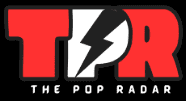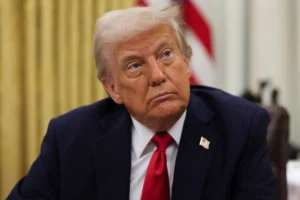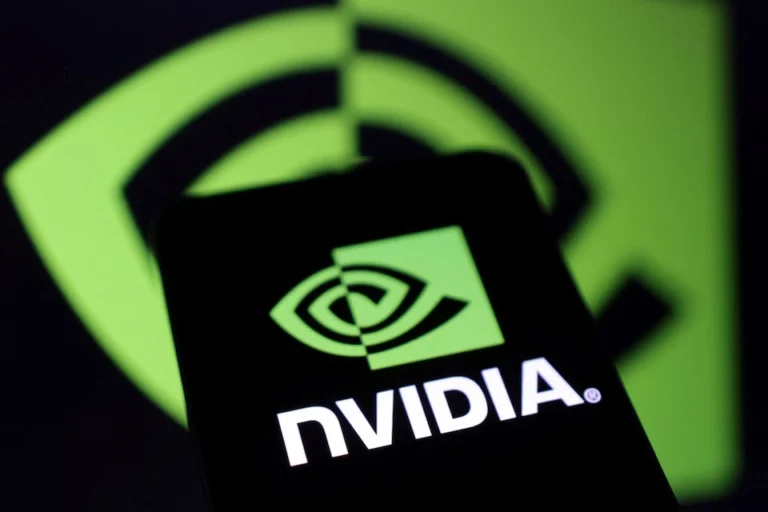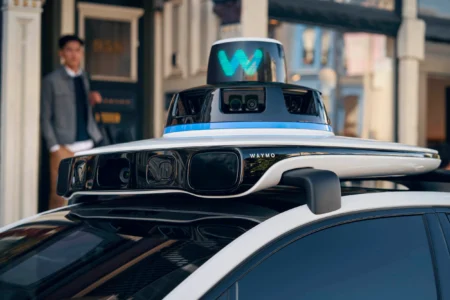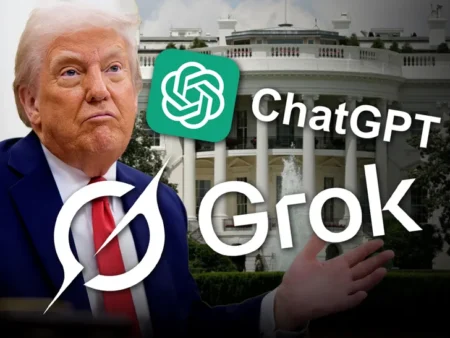WASHINGTON – U.S. President Donald Trump and Nvidia (NVDA.O) CEO Jensen Huang held a high-stakes discussion at the White House on Friday, addressing the rise of China’s DeepSeek AI model and the tightening of AI chip exports, a source familiar with the matter confirmed.
AI and Semiconductor Policy in Focus
While Trump did not divulge specifics, he praised Huang, calling him a “gentleman.”
“I can’t say what’s gonna happen. We had a meeting. It was a good meeting,” Trump stated after the meeting.
The discussion comes amid the U.S. government’s plans to tighten AI chip export restrictions this spring, aiming to maintain America’s competitive edge in advanced computing while curbing China’s technological advancements.
Nvidia’s Perspective on U.S. AI Strategy
A spokesperson for Nvidia commented on the meeting, stating: “We appreciated the opportunity to meet with President Trump and discuss semiconductors and AI policy. Jensen and the President discussed the importance of strengthening U.S. technology and AI leadership.”
According to the source, the meeting had been scheduled before DeepSeek’s AI model shook the global tech industry. Trump reportedly views the rise of DeepSeek as an indication that U.S. firms may not need to invest heavily in developing low-cost AI alternatives.
China’s AI Advancement Sparks U.S. Concerns
DeepSeek’s recent launch of a free AI assistant, which operates with lower data requirements at significantly reduced costs, has heightened concerns about China’s rapid AI progress. Within days, DeepSeek became the most downloaded app on Apple’s App Store, triggering fears over the United States’ AI dominance.
The development contributed to a stock market rout that wiped nearly $1 trillion from U.S. technology stocks. Nvidia shares alone fell 17% at one point, reflecting market anxieties over competitive pressures from China.
Tighter Export Controls on Nvidia’s China-Focused AI Chips
The Trump administration is weighing stricter restrictions on Nvidia’s H20 chips, which were designed specifically for the Chinese market. According to three sources, conversations regarding additional limitations are still in early stages but have been under consideration since President Joe Biden’s tenure.
Nvidia has repeatedly adjusted its AI chip offerings to comply with evolving U.S. export regulations. In 2022, the Biden administration restricted sales of Nvidia’s H100 AI chips to China, prompting Nvidia to release the H800, which was later also restricted in 2023. The latest iteration, the H20, was developed to navigate U.S. export rules but may now face additional scrutiny.
Congress Calls for More Stringent AI Chip Export Limits
Bipartisan concerns over U.S. AI dominance continue to grow. Republican John Moolenaar and Democrat Raja Krishnamoorthi, leaders of the House Select Committee on China, have urged the administration to impose further restrictions on AI chip exports. Their request is part of a broader Commerce and State Department-led review ordered by Trump to reassess the U.S. export control framework, particularly in response to emerging technological threats from strategic adversaries.
Commerce Department Investigates DeepSeek’s AI Chip Usage
Meanwhile, the U.S. Commerce Department is investigating whether DeepSeek has been using restricted U.S. chips. If evidence confirms such usage, the findings could lead to further sanctions against Chinese AI firms and greater scrutiny of global AI supply chains.
As the U.S. grapples with balancing AI innovation and national security, Trump’s meeting with Nvidia’s CEO signals that Washington is intensifying efforts to maintain technological leadership in the face of growing competition from China
